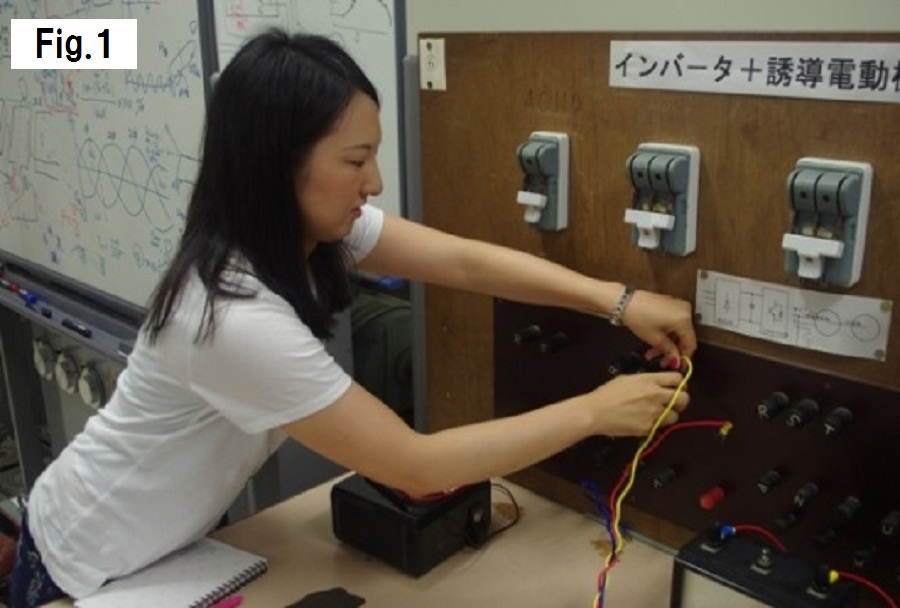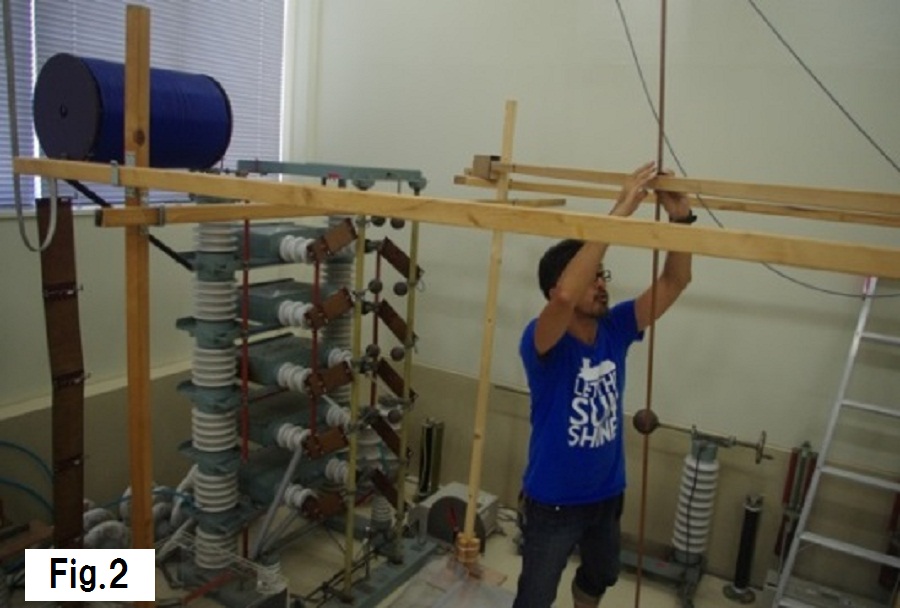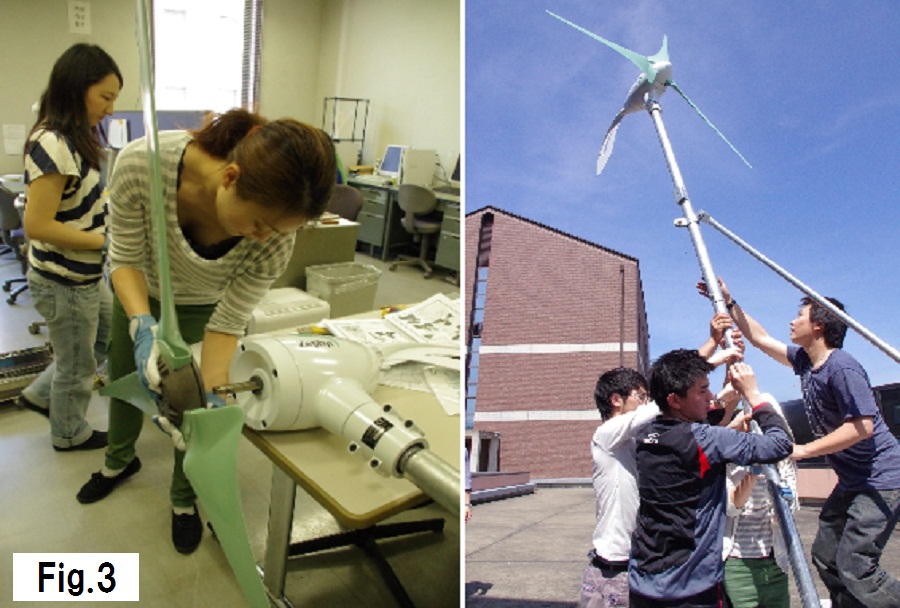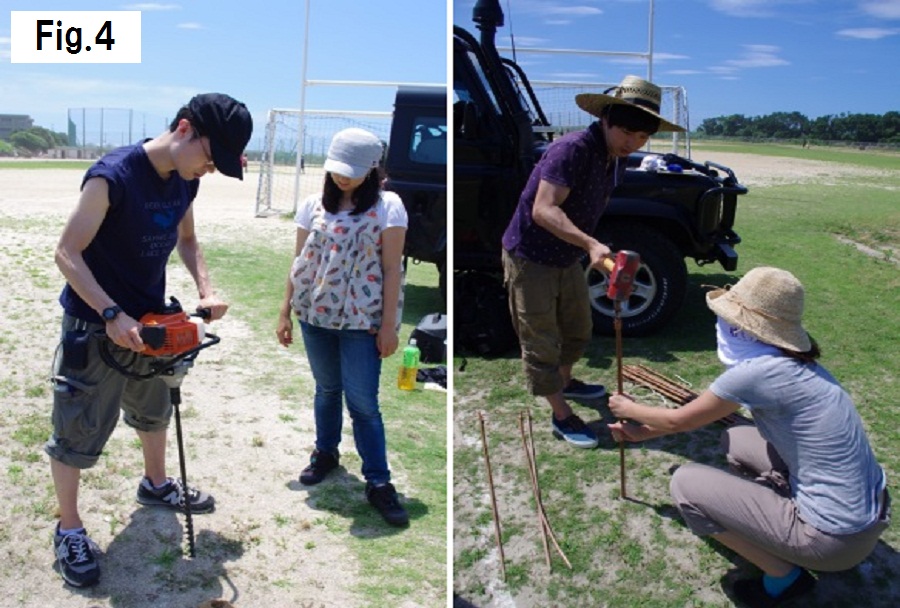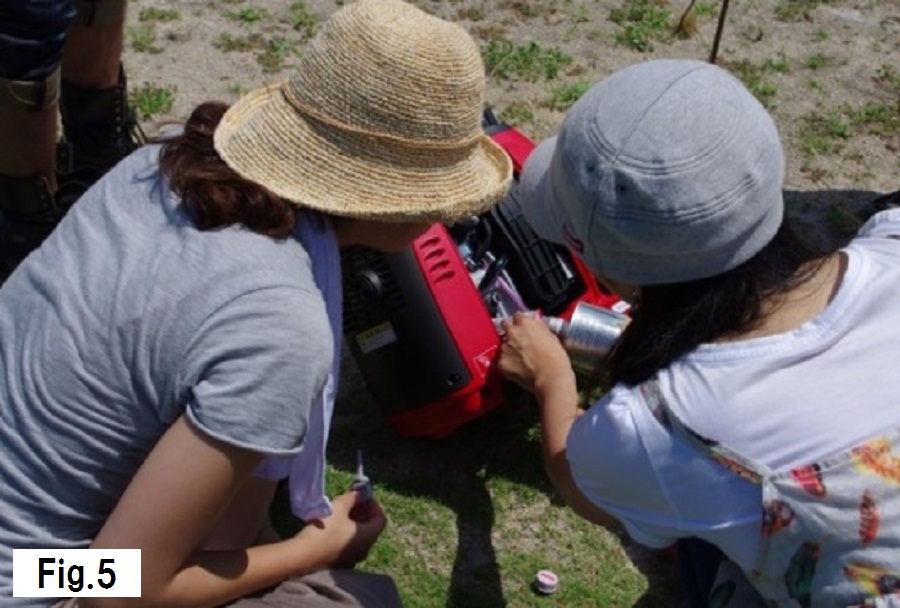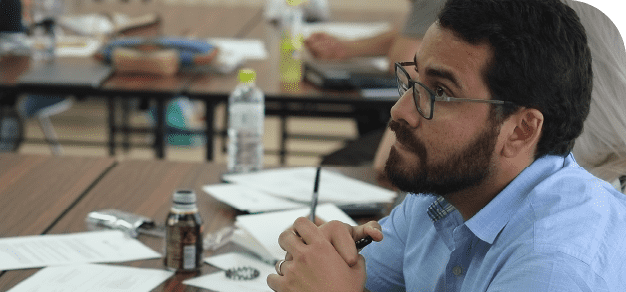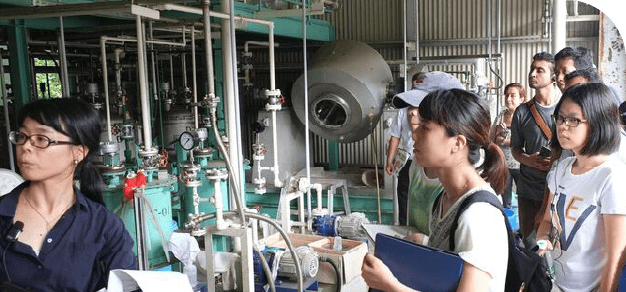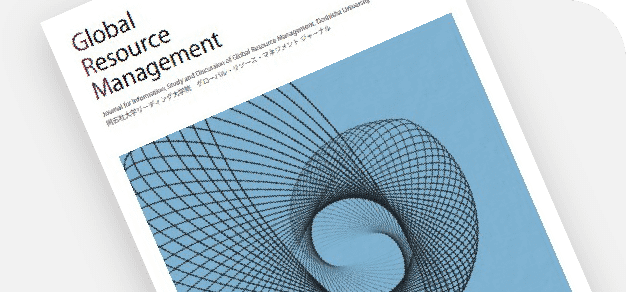Recent Activities
Infrastructure Laboratory Work for Social / Human Science Students
2013/11/27
*********************************************
K. Yamabuki* and A. Ametani**
*Wakayama National College of Technology
**Doshisha University, Kyotanabe
Abstract: Infrastructure Laboratory Work (ILW) is a subject in Doshisha University's Global Resource Management (GRM) Program which is an interdisciplinary advanced doctoral program. It is prepared for Social /Human students to acquire fundamental electric engineering knowledge and technique. This paper introduces the outline of ILW carried out in the spring period of 2013.
Keywords: infrastructure, laboratory work, unified education, Global Resource Management
1. INTRODUCTION
Infrastructure Laboratory Work (ILW) is a subject in Doshisha University’s Global Resource Management (GRM) Program which is an interdisciplinary advanced doctoral program. The GRM program will provide students with opportunities to develop their capacity toward the establishment of multicultural harmony. This will be pursued through practical experience gained in fieldwork. ILW is prepared for Social /Human students to acquire fundamental electric engineering knowledge and technique. This paper introduces the outline of ILW carried out in the spring period of 2013.
2. Infrastructure Laboratory Work in 2013
2.1 Background of registered students of 2013 ILW
In 2013, the first year of the GRM program, the number of registered students of “Infrastructure Laboratory Work (ILW)” is four. They all are master / doctor degree students who have been studying geopolitics belonging Graduate School of Global Studies in Doshisha University. Examples of their research field are Somalia, Mali and Turkey etc., where are regarded as underdeveloped or dispute areas. They would like to acquire practical technique and knowledge which they can use at their research field.
2.2 Outline of 2013 ILW
ILW had 15 times in a half year and each duration is 5 hours. The Main contents are followings:
(1)Measurement technique for fundamental electrical quantity
To understand fundamental electrical quantities (voltage, current, resistance) and Ohm’s law experimentally.
[Equipment to be used: analog circuit tester, constant voltage/current DC power supply, variable voltage transformer]
(2)Basic theory of electric circuit
To confirm experimentally that voltage and current change with circuit form (series, parallel, multiple connection, etc.).
[Equipment to be used: digital multi meter, constant voltage/ current DC power supply, variable voltage transformer]
(3)Observation of waveform
To confirm periodicity (frequency) through observation of various kind of time variant waveforms.
[Equipment to be used: function generator, pulse generator, oscilloscope]
(4)Laboratory work of interior wiring
To master how to install and repair around an interior lighting or an electric socket safely.
[Equipment to be used: general tools for electric work]
(5)Motor driving
To acquire practical experience about wiring and driving an induction motor (Fig.1).
[Equipment to be used: induction motor, inverter]
(6)Lightning discharge
To acquire practical experience about lightning discharge caused by huge voltage (Fig.2).
[Equipment to be used: impulse generator]
(7)Electric power storage
To understand the structure and the directions for a typical rechargeable battery (charge and discharge).
[Equipment to be used: lead battery, constant voltage/current DC power supply]
(8)Construction practice of micro grid
To acquire practical experience building up a micro grid composed of a wind turbine and a solar cell and power conditioning unit. (Fig.3)
[Equipment to be used: digital multi meter, general tools for electric work]
(9)Field test of grounding resistance
To understand the function of earth as a return path for electricity (Fig.4).
To master how to use power generator with gasoline engine (Fig.5).
[Equipment to be used: pulse generator, oscilloscope, grounding rod]
(10)Radio Communication Technology
To understand radio communication technique. Registered students made FM transmitters by soldering and confirmed signal transmission by an electric wave.
[Equipment to be used: soldering iron, FM radio, oscilloscope]
(11) Construction practice of a satellite Internet system
To master how to connect to internet at a remote area where is not provided ordinary internet service and power supply.
[Equipment to be used: satellite communication modem, laptop PC, mobile PV panel]
Fig.1. Wiring for inverter driving of induction motor.
Fig.2. Demonstration setting of lightning discharge using Impulse generator.
Fig.3. Making and setting of wind turbine.
Fig.4. Pilling earth rod using earth auger/ hummer.
Fig.5. Preparation before operation of gasoline engine equipment.
